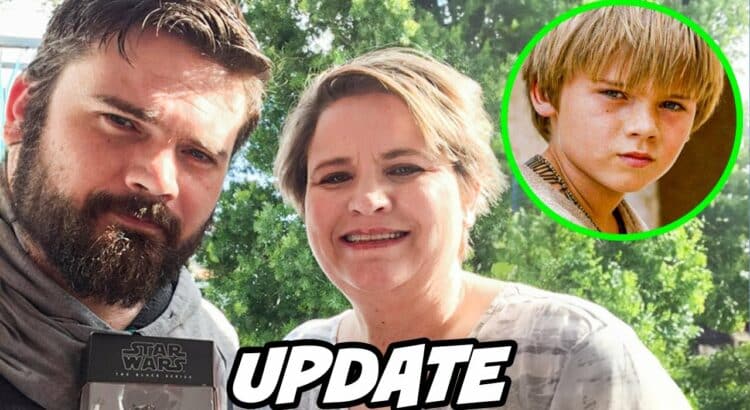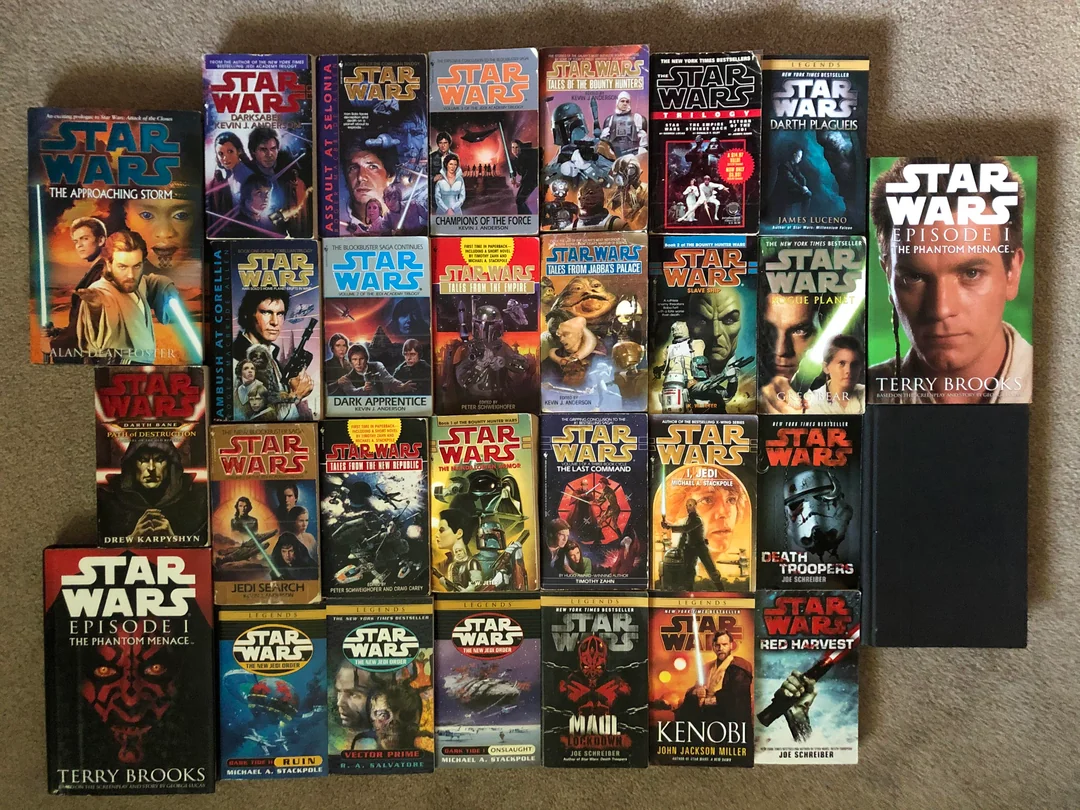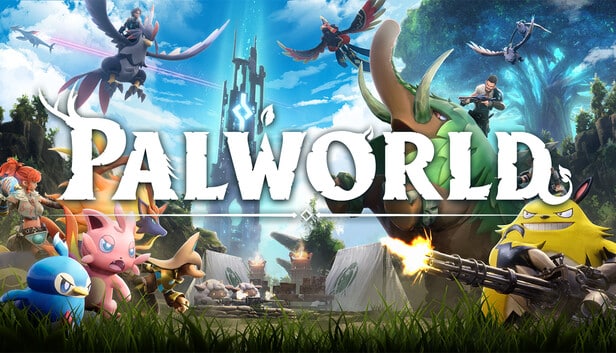The Star Wars franchise has left an indelible mark on pop culture, inspiring generations with its epic storytelling, iconic characters, and sprawling universe. Yet, for some actors, their involvement with the saga has been a double-edged sword. Jake Lloyd, who portrayed a young Anakin Skywalker in Star Wars: Episode I – The Phantom Menace, recently broke his silence about the mental health challenges he has faced and how his role in the beloved franchise shaped his life.
This candid revelation provides a compelling opportunity to reflect on the impact of fame, fandom, and personal resilience in the face of adversity.
A Journey into Stardom at a Young Age
Jake Lloyd was just ten years old when he stepped into the role of young Anakin Skywalker, a pivotal character in the Star Wars saga. His casting in The Phantom Menace was a dream come true for many aspiring young actors. However, with the immense popularity of the franchise came a level of scrutiny and pressure that few could anticipate.
In interviews following the film’s release, Lloyd shared glimpses of his experience, noting how he became the target of relentless media attention and criticism. The performance of a child actor, particularly in a film as monumental as Star Wars, is often subject to intense evaluation. For Lloyd, this meant an overwhelming mix of praise and backlash, some of which carried a deeply personal sting.
The Burden of Criticism and Its Long-Term Effects
The critical reception of The Phantom Menace was divisive, and much of the frustration from fans was directed at elements of the film they found unsatisfying—including the portrayal of Anakin Skywalker. While Lloyd’s performance was shaped by the direction and script he was given, the backlash unfairly centered on him. This vitriol, combined with the challenges of growing up in the public eye, created significant stress and isolation.
Lloyd has spoken openly about how the constant criticism took a toll on his mental health. He eventually retired from acting, stating that his experience with Star Wars made it difficult to enjoy the craft he once loved. These revelations serve as a stark reminder of the challenges child actors face, especially in the age of global media and intense fan engagement.
Understanding Mental Health Challenges in the Spotlight
In his recent comments, Lloyd emphasized the importance of addressing mental health and breaking the stigma surrounding it. Over the years, he has experienced struggles that extend beyond the world of Star Wars, including battles with schizophrenia. These challenges have further underscored the need for compassion and understanding, not just for public figures but for anyone navigating mental health issues.
Lloyd’s story aligns with broader conversations about the mental health of individuals in high-pressure environments. The entertainment industry, while glamorous on the surface, can be an unforgiving space where vulnerability is often hidden behind the façade of success. His openness sheds light on the human side of stardom, reminding audiences of the importance of empathy.
The Changing Landscape of Fandom and Support
The Star Wars community has evolved significantly since the release of The Phantom Menace in 1999. While fandoms can still be passionate and opinionated, there has been a growing recognition of the impact that harsh criticism can have on actors and creators. Platforms like social media amplify both positive and negative voices, making it more important than ever to foster supportive and respectful dialogue.
Lloyd’s story also highlights how actors and creators are affected by their work’s reception, particularly in a franchise as iconic as Star Wars. His experience serves as a cautionary tale, urging fans to consider the weight of their words and actions, especially when directed toward individuals who dedicate their talents to storytelling.
Looking Forward with Compassion and Reflection
Jake Lloyd’s willingness to speak about his mental health challenges and the complex legacy of Star Wars is a courageous act. It not only humanizes the struggles faced by actors but also encourages audiences to engage with these issues more thoughtfully. By fostering a culture of compassion and understanding, both within fandoms and beyond, we can help create a space where artists and individuals feel supported rather than scrutinized.
This story serves as an opportunity to reflect on how we, as a society, can better support mental health awareness and champion kindness. In the words of the Star Wars saga, “The greatest teacher, failure is.” By learning from the past, both the entertainment industry and its audiences can strive for a brighter, more inclusive future.
Conclusion
Jake Lloyd’s story is a powerful reminder of the complex realities behind the glitz of Hollywood and the enduring impact of mental health challenges. His openness offers valuable lessons about empathy, resilience, and the importance of creating a supportive environment for all, whether they’re public figures or not.
As we continue to celebrate the rich tapestry of the Star Wars universe—spanning movies, books, comics, and video games—Lloyd’s journey invites us to approach these stories and their creators with a renewed sense of humanity. In doing so, we honor not just the legacy of a galaxy far, far away but also the people who bring it to life.
Read the completet interview here
Stay up-to-date with the latest news, updates, and exclusive content! Click here to follow us on Google News and never miss a story from the galaxy and beyond.










